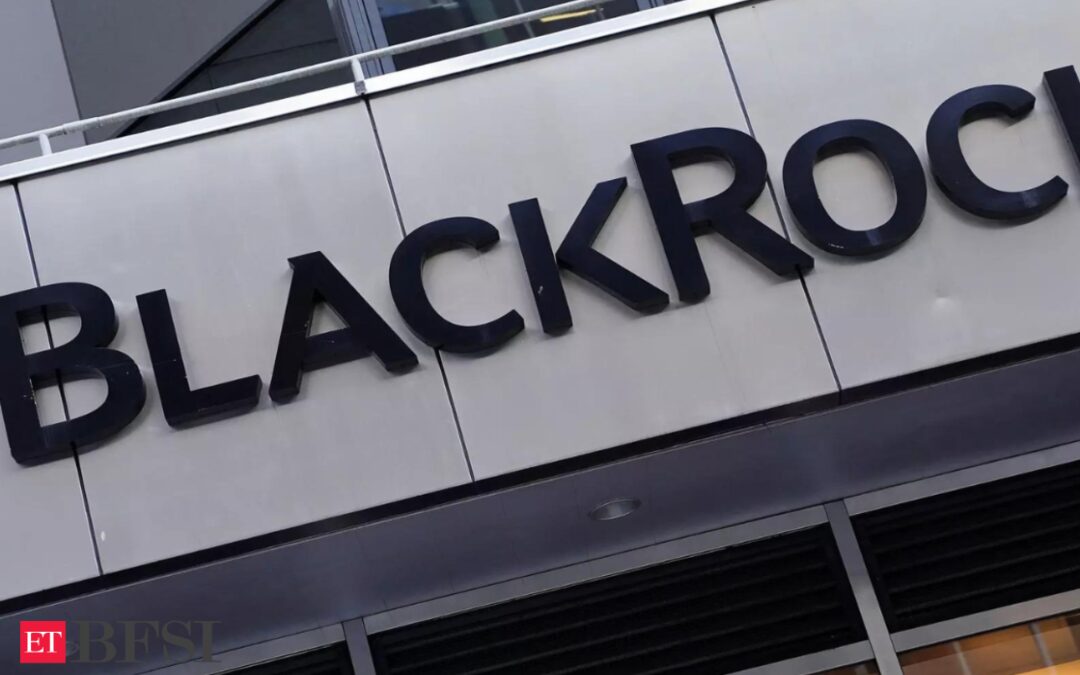The coalition of parties led by Modi is unlikely to deviate from the path of fiscal consolidation, and cooling inflation will allow the Reserve Bank of India to embark on easing later this year, according to Neeraj Seth, chief investment officer and head of APAC fundamental fixed income at BlackRock.
“It’s actually a good time to be long duration in India,” Seth said in a Wednesday interview. “I wouldn’t change my view on the back of the election outcome,” he said, adding that he prefers the more liquid seven- and 10-year bonds.
India’s financial markets were jolted Tuesday as results showed Modi’s party losing its majority in parliament, an outcome that Moody’s Ratings said may delay more far-reaching economic reforms and impede progress on fiscal consolidation. The country’s ten-year benchmark yield jumped by as much as 12 basis points on Tuesday the most since October before stabilizing on Wednesday.
While expansionary spending is a risk, a “significant deviation” from efforts toward fiscal discipline is unlikely as the coalition of parties led by Modi retains a majority, he added. Modi’s government had taken decisive steps to rein in the deficit, bringing it down to 5.6% of gross domestic product in the fiscal year ended in March and aiming to lower it even further to 4.5% by 2025-26.
India’s cooling inflation with the latest consumer price gain at 4.83% versus last year’s high at above 7% supports Seth’s view that the RBI can ease regardless of the Federal Reserve’s action. The monetary authority is expected to hold rates steady on Friday.
“To some extent, India is one of the very few economies and RBI one of the few central banks where I see that the path dependency of monetary policy is not very high on the Fed,” Seth said.
His optimism on the asset class is shared by abrdn and Standard Chartered Plc, which are focused on the favorable supply-demand dynamic due to inflows expected from an upcoming index inclusion. India’s bond market has attracted $6.6 billion of foreign funds this year ahead of the addition to JPMorgan Chase & Co.’s emerging indexes later this month.
“The structural inflows on the back of index inclusion, which will happen over the next 10 months, will provide a technically positive backdrop,” he said.









